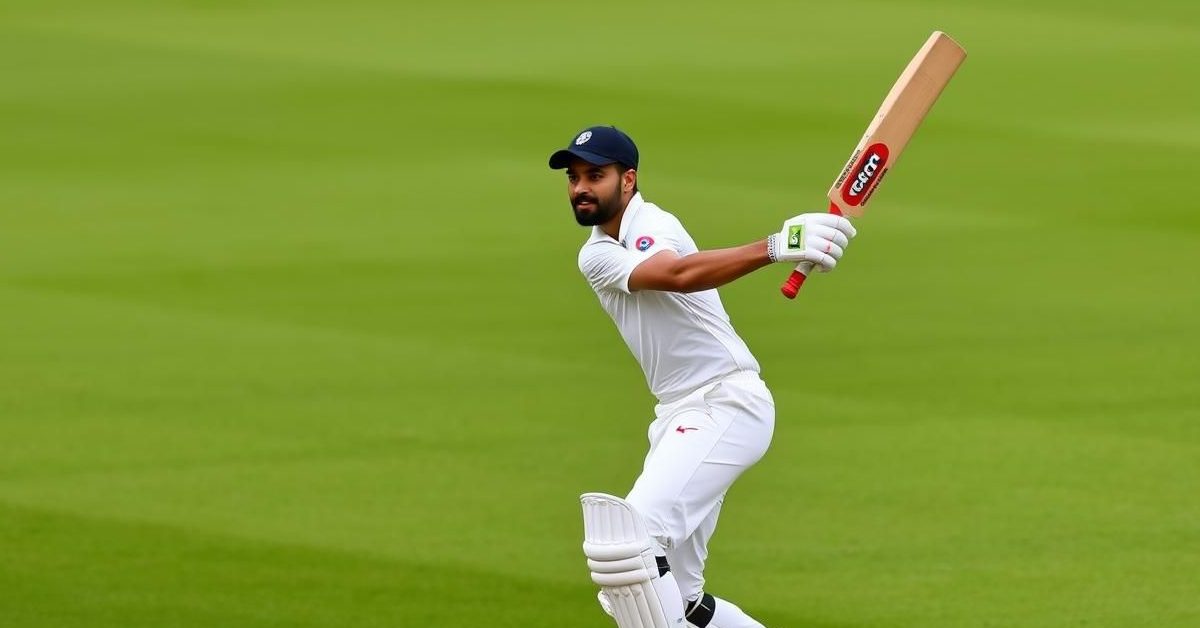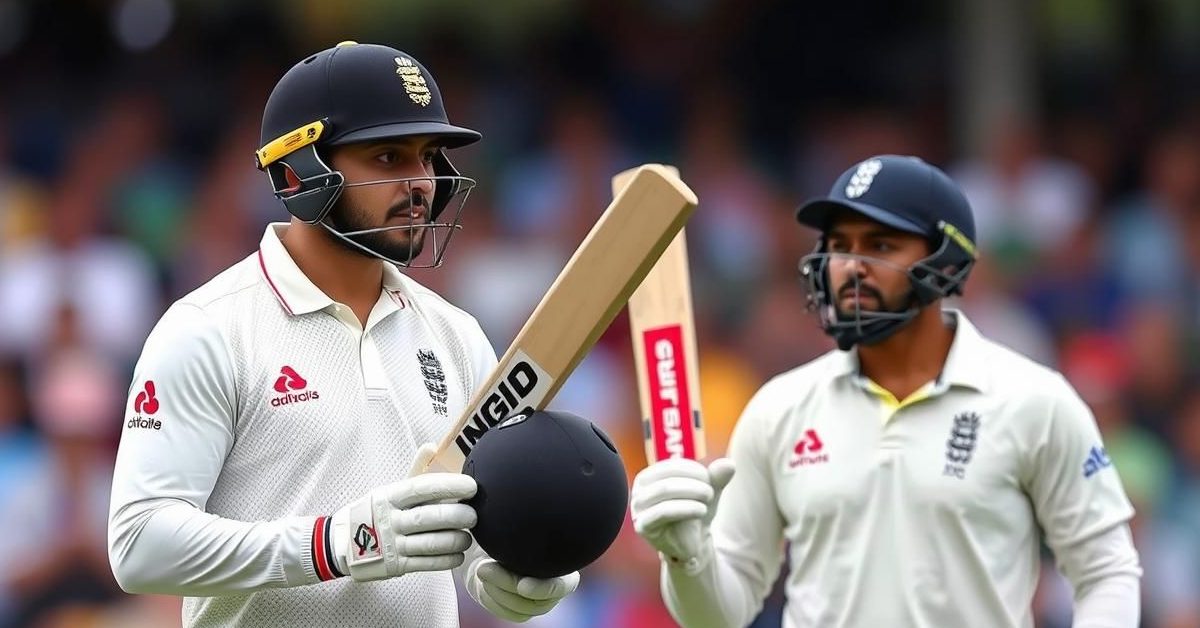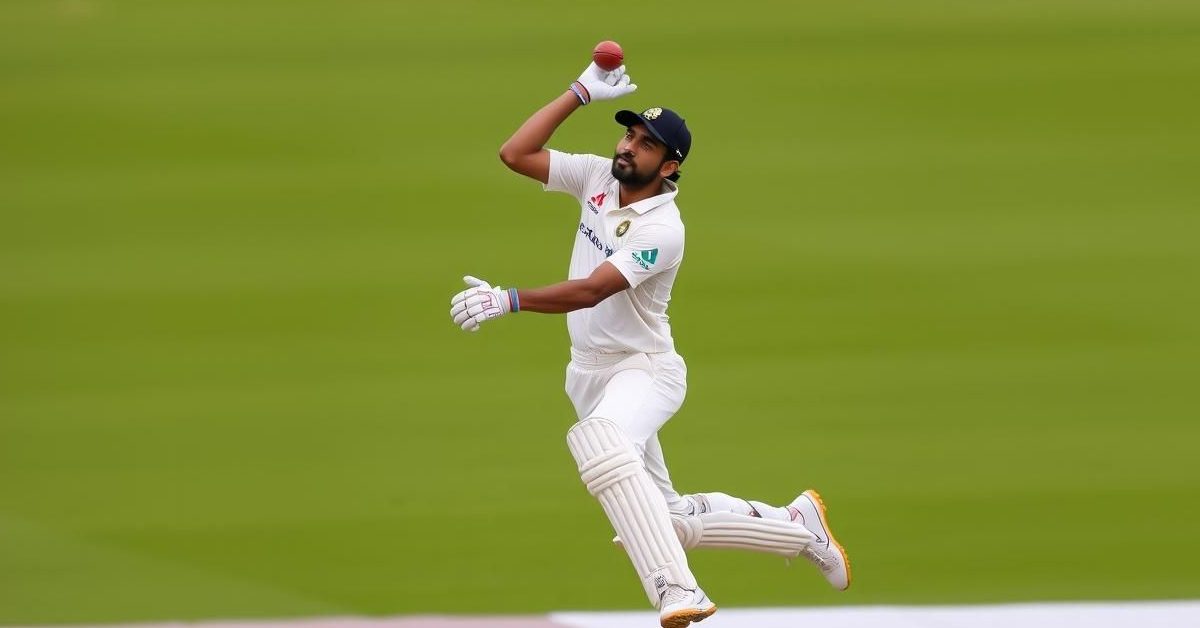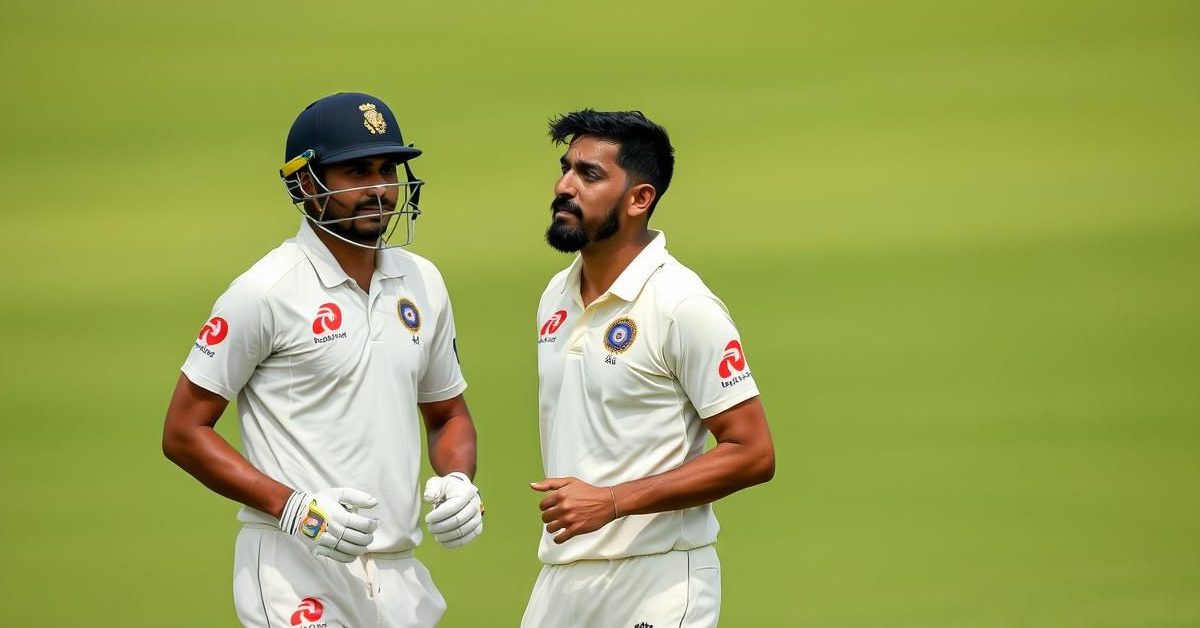The Paradox of Brilliance: Rishabh Pant’s Twin Centuries Amidst India’s Defeat
The roar of the crowd at Headingley, Leeds, had barely faded, still echoing with the memory of Rishabh Pant’s extraordinary twin centuries in the first Test against England. It was a performance that had captivated cricket aficionados worldwide, a breathtaking display of audacious hitting and remarkable resilience from the young Indian wicketkeeper-batsman. To score two hundreds in a single Test match, especially in challenging English conditions, is a rare feat, placing Pant in an elite category of cricketing legends. Yet, despite this individual brilliance, the scoreboard told a different, more somber story: India had suffered a significant defeat. This stark contrast between personal triumph and collective disappointment set the stage for a characteristically direct response from India’s coach, Gautam Gambhir.
Gautam Gambhir’s Unflinching Team Ethos: A Coach’s Deep-Seated Philosophy
Known throughout his illustrious career, first as a gritty opening batsman for India and now as a pragmatic coach, Gautam Gambhir has consistently championed the philosophy that the team’s success overshadows any individual accomplishment. His tenure, both as a player instrumental in India’s 2007 T20 World Cup and 2011 ODI World Cup victories, and as a mentor in various coaching capacities, has been defined by an unwavering focus on collective effort and strategic discipline. When confronted with a question about Rishabh Pant’s sensational batting, Gambhir’s reply was terse yet profoundly revealing: “There are three more centuries as well.” It wasn’t a dismissal of Pant’s talent but a pointed reminder that cricket, particularly Test cricket, is a team sport, and isolated heroic acts, while commendable, cannot compensate for a collective shortfall that leads to defeat.
The Weight of Expectation: Dissecting Pant’s Record-Breaking Feat at Headingley
Rishabh Pant’s ability to dominate opposition bowlers, even seasoned veterans like James Anderson and Stuart Broad, was on full display across both innings at Headingley. His first century was a masterclass in controlled aggression, stabilizing India’s innings when wickets tumbled around him. The second was an even more explosive demonstration, pushing England onto the back foot and showcasing his unique flair. These centuries weren’t just statistical milestones; they were moments of pure theatre, igniting hopes among fans and observers alike. For a young player of Pant’s stature, coming off a string of strong performances, these tons reaffirmed his status as one of Test cricket’s most exciting talents. However, Gambhir’s perspective, always rooted in the stark realities of the game, implicitly highlighted that even such spectacular personal achievements lose some of their lustre when the team fails to cross the finish line.
Beyond the Batting Numbers: Why Collective Performance Truly Matters
Gambhir’s emphasis on “three more centuries” wasn’t merely about numerical consistency; it was a subtle call for sustained excellence across the entire playing XI. While Pant was brilliant, the coach’s statement underscored the fact that other batsmen needed to contribute equally, build partnerships, and absorb pressure. Test match cricket is a marathon, not a sprint, demanding contributions from every single player – from opening batsmen setting the platform to the bowlers executing their plans and the fielders holding their catches. The defeat at Headingley wasn’t due to Pant’s lack of effort, but rather a collective dip in performance across various departments, from some uncharacteristic batting collapses to moments where the Indian bowlers struggled to break through England’s resilience, particularly against key players like Joe Root and Ben Stokes.
Looking Ahead: The Road to Redemption for Team India in the Series
As the series progresses, Team India faces the immediate challenge of bouncing back from this opening loss. Gambhir’s candid assessment, devoid of individual praise post-defeat, sets a clear precedent for what he expects from the squad. It’s a message that resonates deeply with the professional demands of international cricket: celebrate individual milestones, yes, but only within the context of team victory. The focus now shifts to the strategic adjustments required for the upcoming matches. Whether it’s tweaks to the batting lineup, refining bowling strategies, or enhancing fielding prowess, the collective unit must elevate its game. For players like captain Rohit Sharma and star batsman Virat Kohli, understanding and internalizing this team-first philosophy is crucial for navigating the pressures of a demanding Test series against a formidable English side.
Gambhir’s Legacy and India’s Future Strategy
Gautam Gambhir’s coaching philosophy, often characterized by its directness and pragmatic approach, is a reflection of his own storied career. He’s a World Cup winner who understood the weight of expectation and the absolute necessity of putting the team’s interests above all else. His response to the Rishabh Pant query serves as a powerful reminder that while individual fireworks can ignite passion, it’s the consistent, collective effort that ultimately builds a winning legacy. For Team India, the path forward is clear: learn from the Headingley defeat, rally as a cohesive unit, and channel individual brilliance into a dominant collective performance across the remaining matches, ensuring that future centuries, from Pant or anyone else, contribute directly to comprehensive Indian victories.













